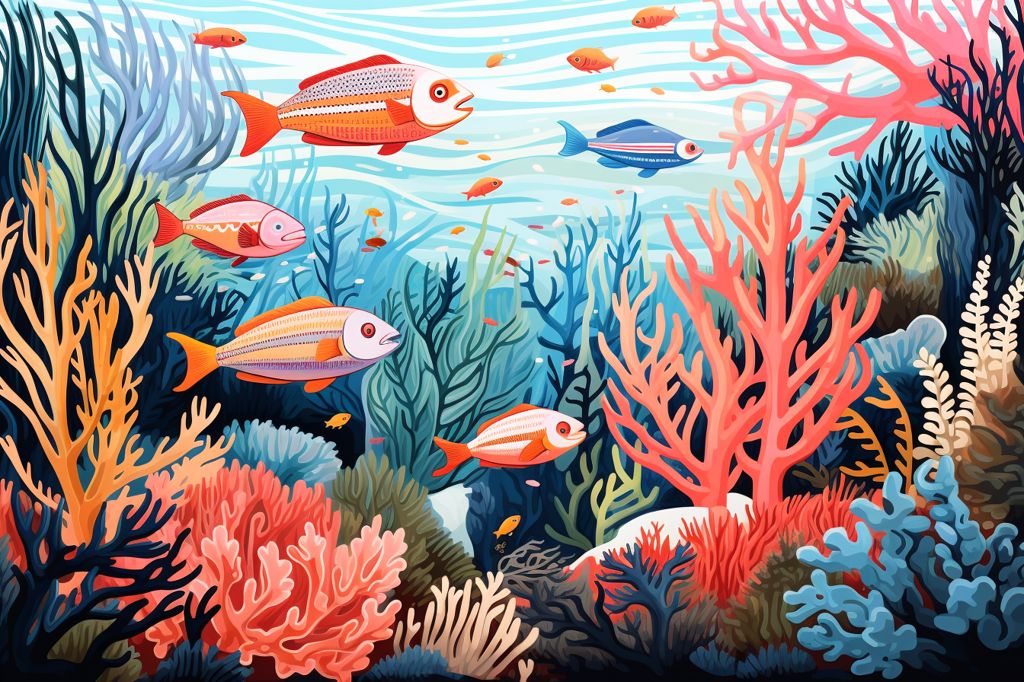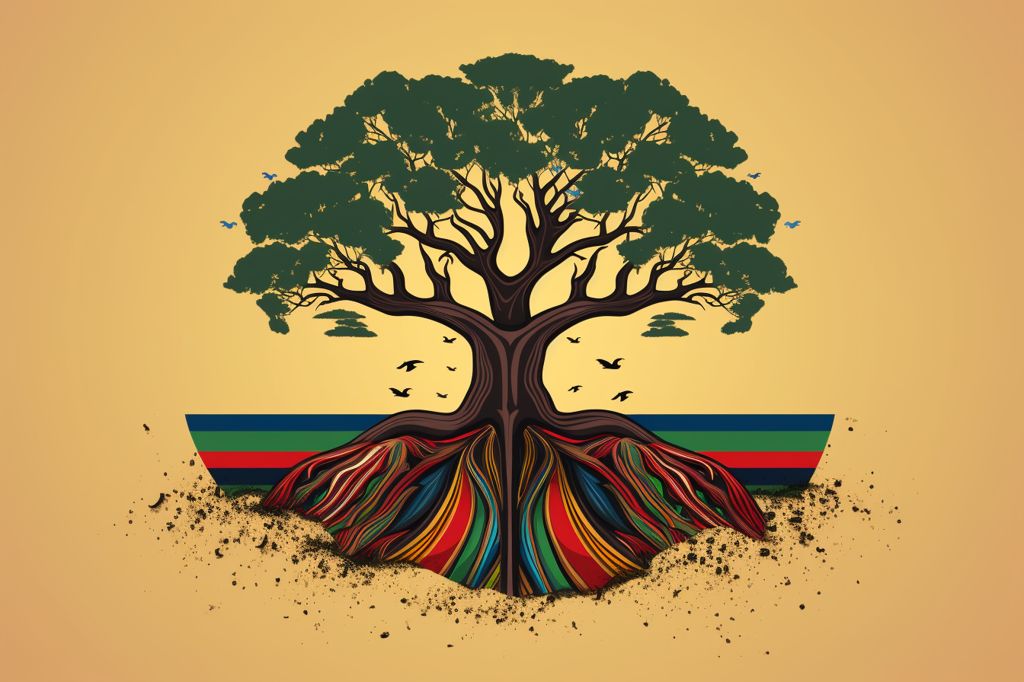The Eastern Cape Department of Rural Development and Agrarian Reform (DRDAR) and the Eastern Cape Socio-Economic Consultative Council (ECSSEC) are partnering to host a two-day workshop aimed at creating an Integrated Aquaculture and Fisheries Strategy for the Eastern Cape Province. This initiative recognizes the significant contribution that aquaculture and fisheries can have on the region’s food security, economic development, job creation, and rural development.
The Role of DRDAR
As the primary authority responsible for rural development and food security in the province, the DRDAR plays an essential role in expanding the aquaculture and fisheries sectors. The Department aims to develop an inclusive strategy that addresses the challenges of these sectors and promotes sustainable development and management. This approach involves collaboration with stakeholders from various sectors such as government, organized labor, industry associations, and the community.
The Integrated Aquaculture and Fisheries Strategy
The Integrated Aquaculture and Fisheries Strategy aims to nourish economic growth, encourage investment, and explore further development opportunities within the sectors. By setting specific goals and priorities, the strategy will lay out the necessary actions to achieve these goals and allocate resources to ensure their implementation.
The Two-Day Workshop
Scheduled for June 29-30, 2023, the two-day workshop will provide a platform for representatives from the government, its agencies, and the private sector to deliberate on the collective development of the aquaculture and fisheries sectors. The workshop invites media members to join the conversation and witness the collaboration between various stakeholders.
The Potential for Growth
The Eastern Cape Province’s potential for growth in the aquaculture and fisheries sectors is undeniable, with its vast coastline and rich marine resources. The Integrated Aquaculture and Fisheries Strategy aims not only to tap into this potential but also to ensure that growth is inclusive and sustainable. The strategy promises to have a profound impact on food security, economic development, and job creation in the region.
A Comprehensive Approach
Developing the Integrated Aquaculture and Fisheries Strategy calls for a comprehensive approach, taking into account the unique characteristics and challenges of the Eastern Cape Province. With the involvement of diverse stakeholders, the strategy is poised to be a collaborative effort that ensures the best possible outcomes for the region and its communities.
Social and Environmental Impacts
In addition to the potential economic benefits, the strategy will likely have positive social and environmental impacts. By promoting sustainable development and management practices, the strategy aims to safeguard the region’s marine resources and ecosystems, preserving them for future generations while simultaneously bolstering the livelihoods of coastal communities.
Diverse Participant Pool
The workshop’s diverse participant pool, including representatives from government agencies, industry associations, and the private sector, will be an invaluable asset in developing the Integrated Aquaculture and Fisheries Strategy. Through open dialogue and collaboration, stakeholders can identify the most pressing issues and devise effective solutions, ensuring the strategy’s success.
Overall, the Eastern Cape’s Integrated Aquaculture and Fisheries Strategy serves as a testament to the power of collaboration and the importance of sustainable development in driving socio-economic growth. The upcoming workshop marks a crucial step in realizing this vision and harnessing the full potential of the region’s aquaculture and fisheries sectors.








